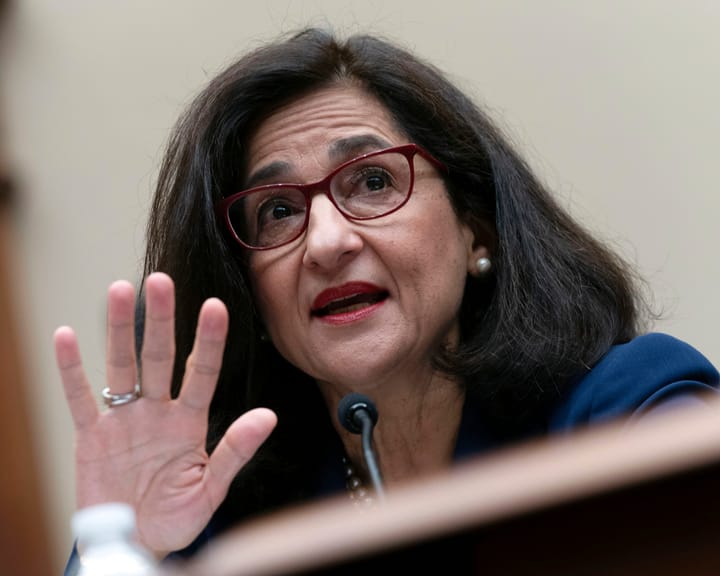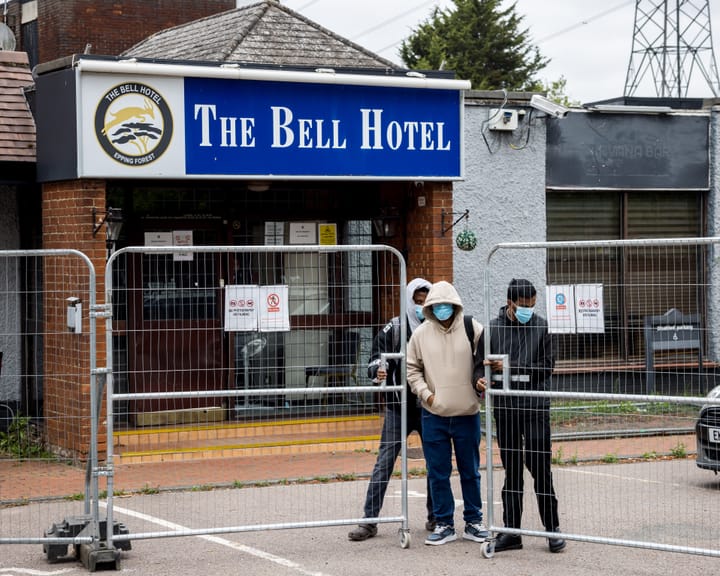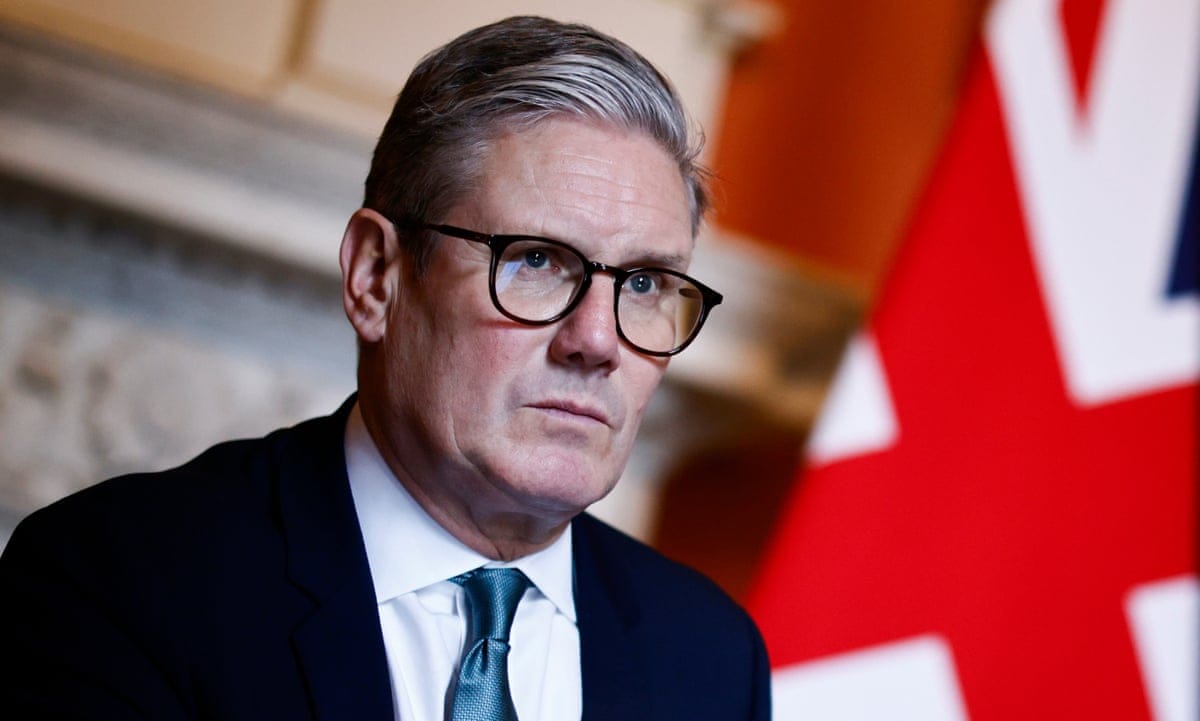The vote at Labour conference in 2022 was passed overwhelmingly and accompanied by enthusiastic cheers: party members advocated for replacing the current first-past-the-post (FPTP) electoral system with proportional representation (PR). What comes next? It seems unlikely any immediate action will be taken.
The Labour Party's division on the matter of electoral reform is evident, with members wholeheartedly supporting the shift to PR while party leadership appears less convinced. The rift extends even further as some in the party question whether the FPTP system has provided a strong enough foundation for their recent victory.
Nearly 140 local Labour parties submitted a motion advocating for change, demonstrating overwhelming support within grassroots membership. However, leadership remains hesitant to embrace this transformation despite Keir Starmer's significant majority in the Commons – an outcome that could potentially be influenced by PR.
Sandy Martin, chair of Labour Campaign for Electoral Reform and a former MP, emphasizes that considering electoral reform should remain high on the party's agenda regardless of recent successes under FPTP. The shift to PR would allow Labour to form coalitions with like-minded parties such as the Liberal Democrats or Greens in the event of future elections, an outcome Martin considers preferable compared to a Conservative-Reform government.
The party's hesitation is partly attributed to self-interest and practicality: under FPTP, Labour has historically dominated certain regions, but with five parties now competing in England alone, the system appears increasingly unfit for this reality. Starmer has previously expressed support for electoral reform, notably mentioning that millions of people feel disenfranchised due to voting predominantly from safe seats. However, his leadership team dismisses any possibility of action during a first term, arguing it would be misguided.
Neal Lawson of the pressure group Compass argues that Starmer's recent landslide victory under FPTP has only heightened arguments for PR reform. The disproportionality between the seats won and votes received by Labour in the election highlighted a growing need to reconsider the electoral system, despite initial resistance from party leaders.
The Liberal Democrats and Reform UK back the introduction of PR, while other parties such as Scottish National Party (SNP) and Plaid Cymru are also in favor. Despite these supportive voices, no concrete action has been taken to implement changes. The Labour Party plans to amend certain aspects of voting procedures, but maintaining FPTP remains intact.
Although the Conservatives have expressed their continued support for FPTP, they acknowledge its limitations and potential need for reform. As the political landscape continues to evolve with new parties entering Parliament, discussions surrounding electoral reform persist. While a swift change is unlikely in the near future, advocates argue that preparations must be made to ensure Labour can negotiate effectively should an opportunity arise to adopt PR under their terms.
Read next

"Starmer appoints ex-Bank deputy governor as top economic advisor"
Minouche Shafik to Become Keir Starmer’s Chief Economic Adviser
Former Bank of England deputy governor Minouche Shafik is expected to join Keir Starmer’s team as his chief economic adviser.
Her appointment comes as the prime minister’s office prepares for the autumn budget, following Shafik’s recent leadership

"Home Office wins appeal allowing asylum seekers to stay at Epping hotel"
The appeals court has determined that the injunction issued by the high court should not have been approved.
Those involved acknowledge they have become part of a broader discussion about how asylum seekers are managed and urge the public to recognize that the Bell hotel was only fulfilling a government-mandated

"Scottish Greens' new leaders push for universal income and free bus fares"
Scottish Greens' new leaders, Ross Greer and Gillian Mackay, have pledged to advocate for a universal income, free bus travel, and increased taxes on high earners following a subdued leadership race.
Greer and Mackay, previously backbench MSPs at Holyrood, were elected co-conveners of the Scottish Greens with a notably

